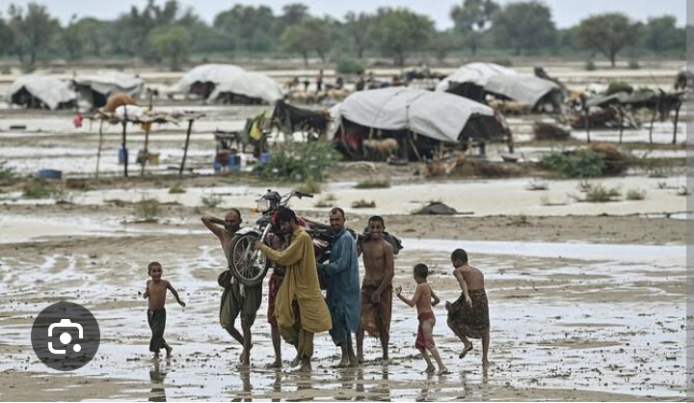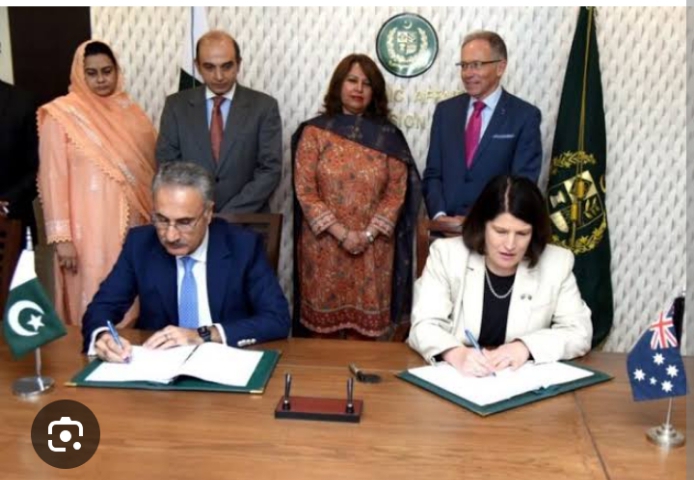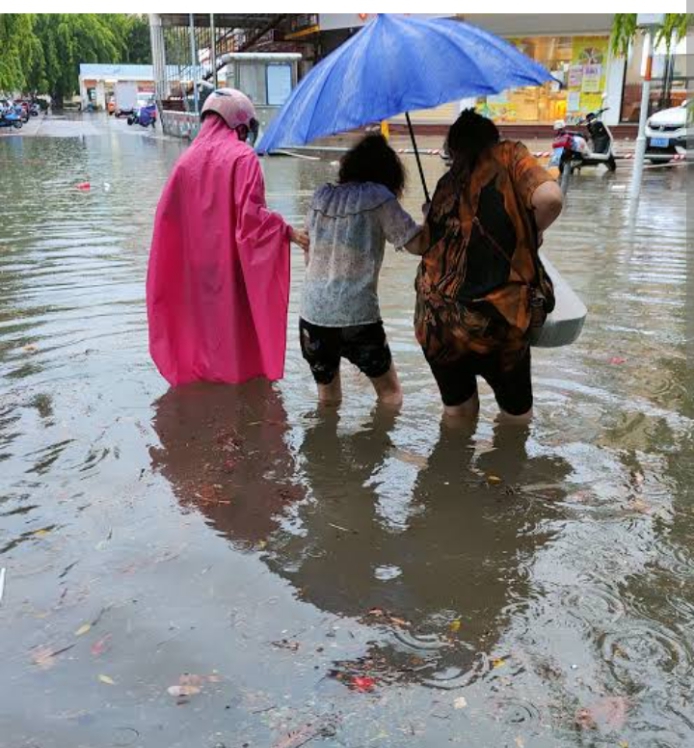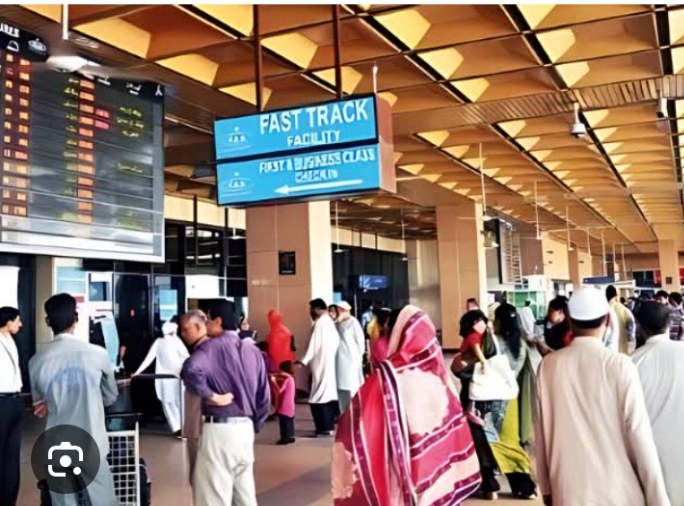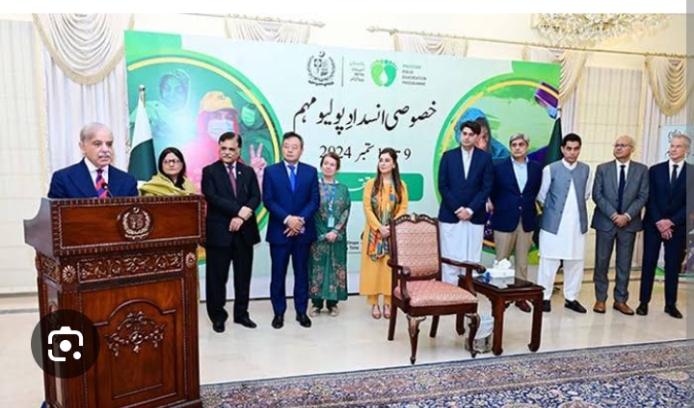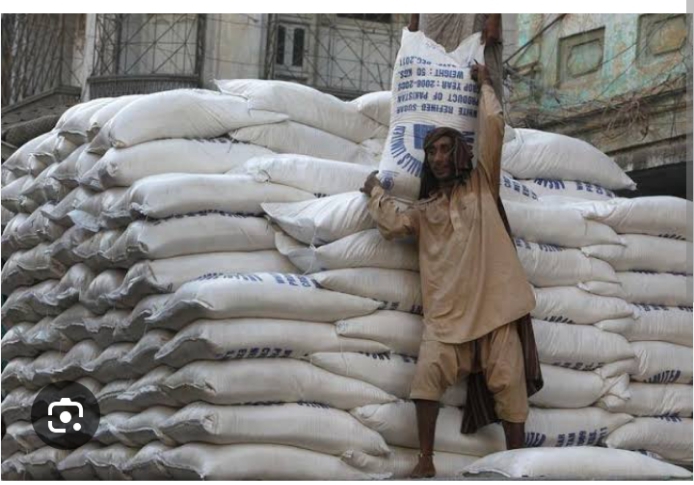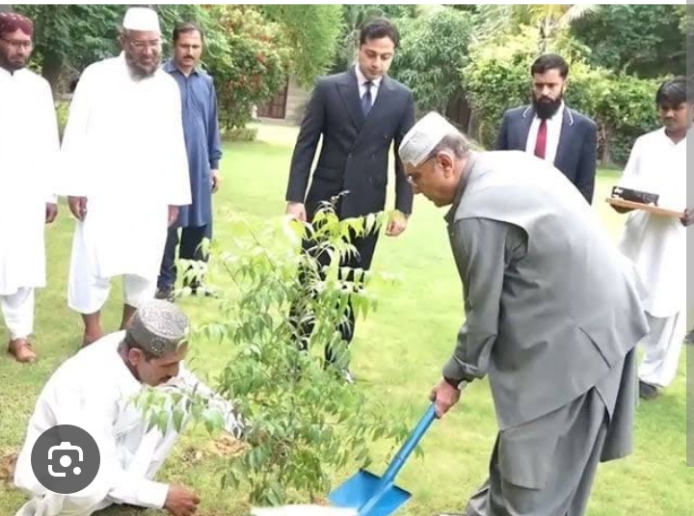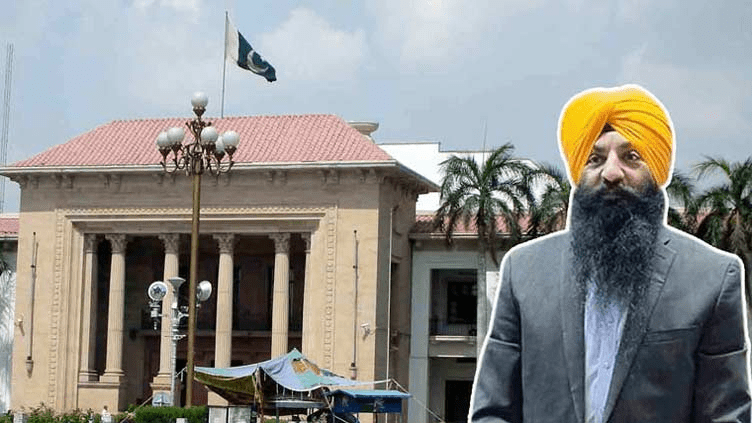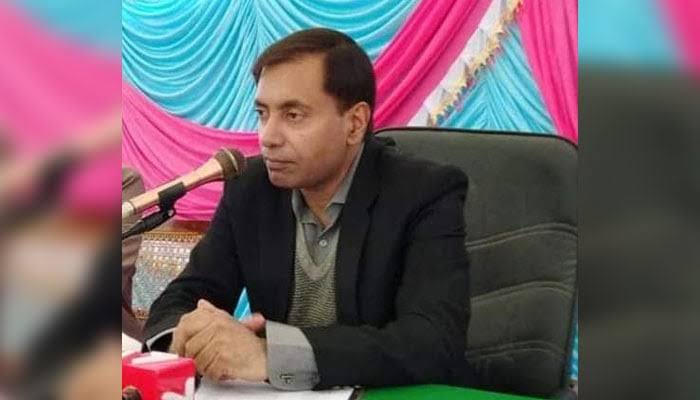Maryam Targets Rs50bn PRA Revenue Hike in Punjab’s Climate Action Plan

Maryam Nawaz Pushes for Rs50bn Revenue Boost and Smog Elimination Plan
Punjab Chief Minister Maryam Nawaz took decisive steps to enhance the province’s financial and environmental health during a high-level meeting on July 31, 2024. Directing the Punjab Revenue Authority (PRA) to increase revenue by Rs50 billion, Maryam emphasized that this expansion should not burden the common man. “Increase resources for maximum social welfare projects,” she instructed during her discussion with PRA Chairman Nauman Yusuf. To achieve this goal, she ordered the PRA’s expansion into 12 more districts, including Murree, Attock, Jhelum, and Bahawalpur, and stressed the importance of linking the PRA with the Federal Board of Revenue (FBR) for real-time database integration. The meeting was also attended by Chief Secretary Zahid Akhtar Zaman, Secretary Finance Mujahid Sher Dil, and other senior officials.
Punjab’s First Climate Action Plan Takes Shape
Maryam Nawaz’s vision for combating climate change in Punjab has culminated in the province’s first comprehensive Climate Change Policy & Action Plan 2024. This ambitious blueprint, which aims to tackle smog and other hazardous environmental impacts, has been finalized and is set to be presented to the cabinet for approval. Senior Provincial Minister Marriyum Aurangzeb chaired a meeting where the Secretary of Environment & Climate Change presented the plan, earning praise for its quality and the dedicated efforts behind its creation. The plan includes integrating Climate Change Education into school curriculums, enhancing green investment in affected sectors, and conserving rainwater in government buildings as part of a pilot program in various districts.
Comprehensive Strategies for Water and Climate Management
The meeting also reviewed several proposals aimed at conserving and managing Punjab’s water resources in the face of climate challenges. These included establishing a Water Quality Monitoring System, introducing laws to regulate underground water usage, and implementing advanced irrigation methods for water conservation. Additionally, the plan outlines the construction of small dams in the Potohar and Rohi regions and a Special Management Plan to protect South Punjab from famine. The Secretary of Environment stressed that these steps are crucial for mitigating the devastating effects of climate change, such as floods, famines, and forest fires, which are becoming more frequent due to rising temperatures and greenhouse gas emissions.

 English
English 